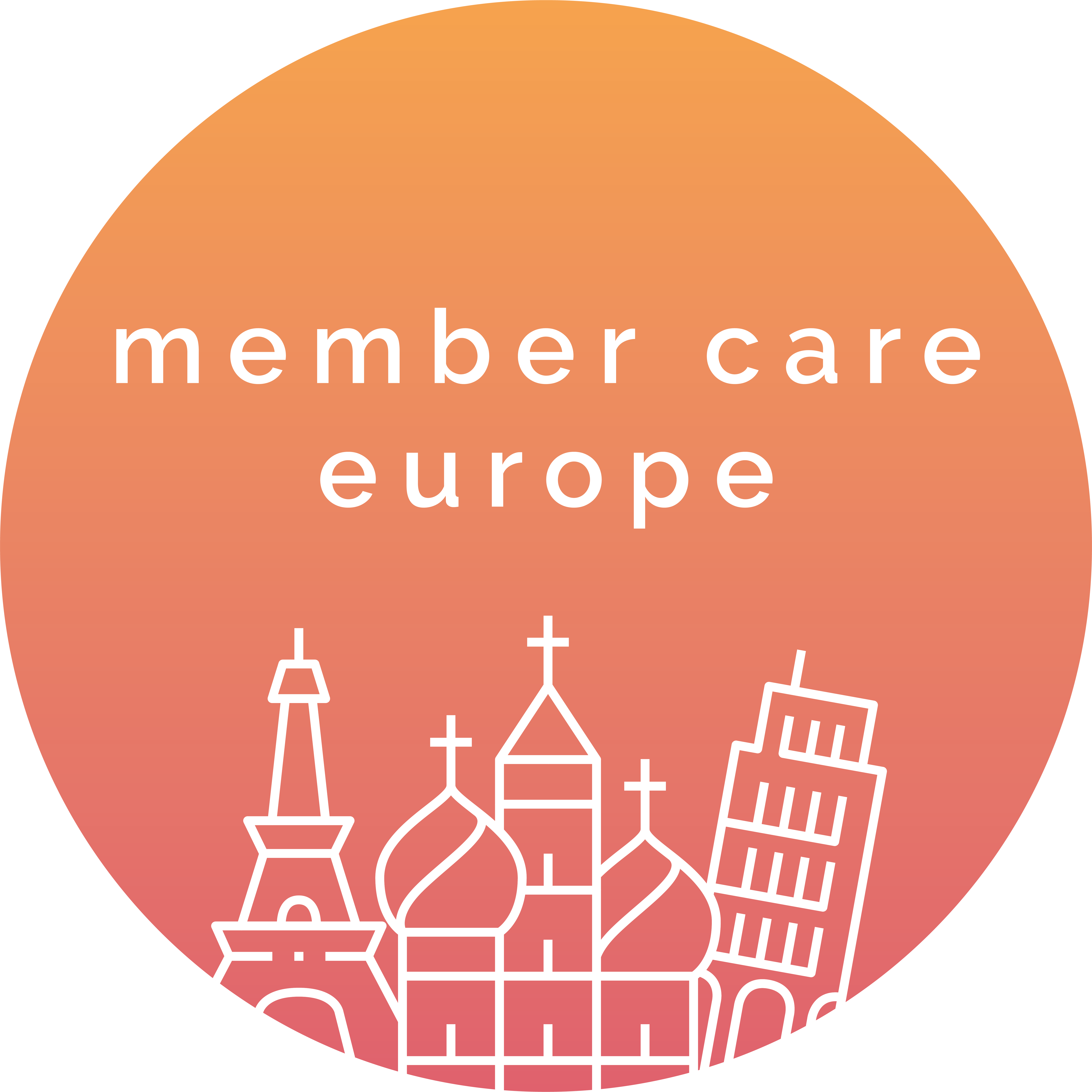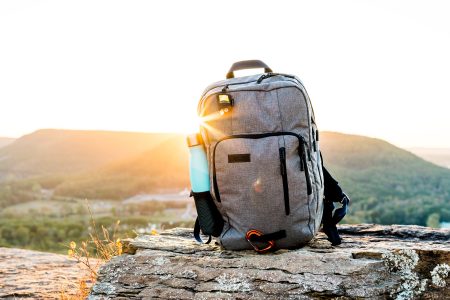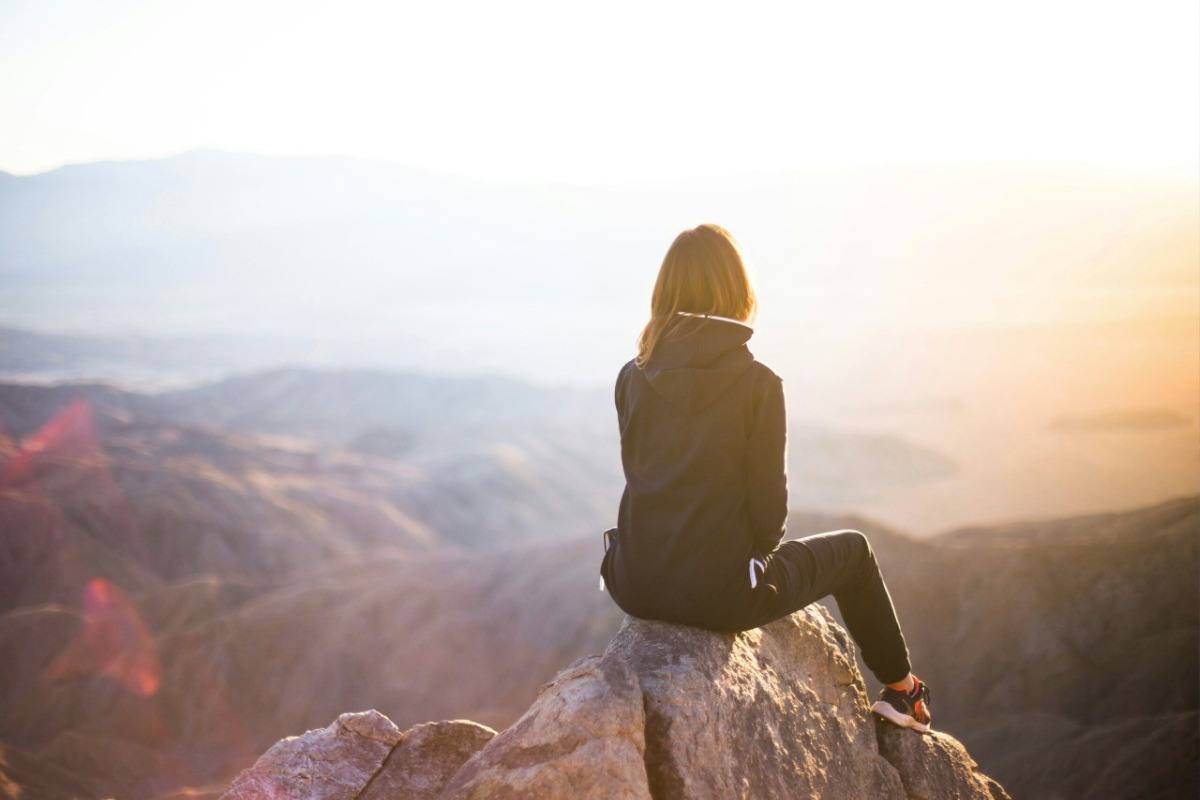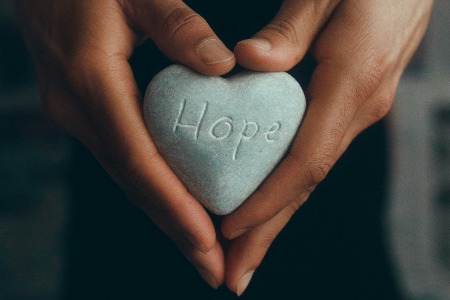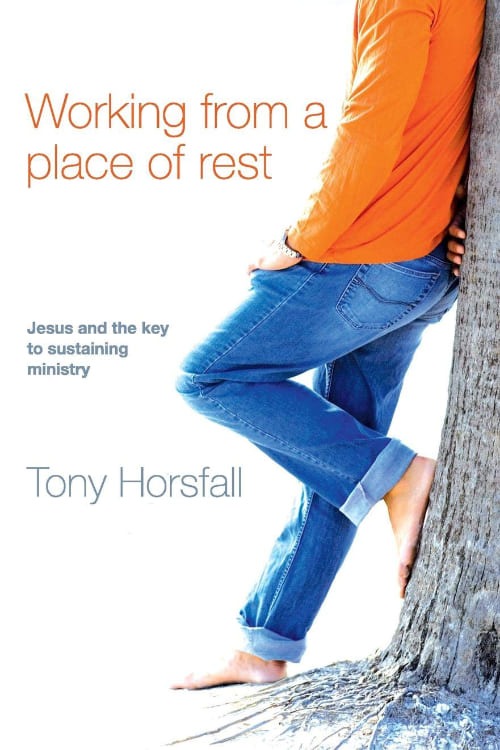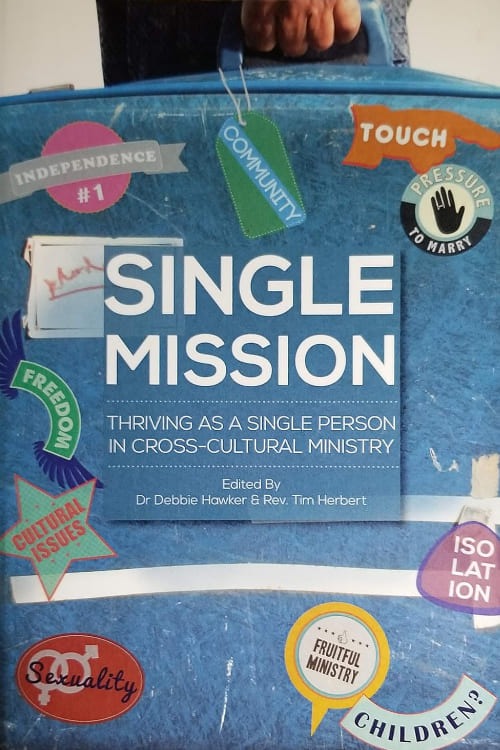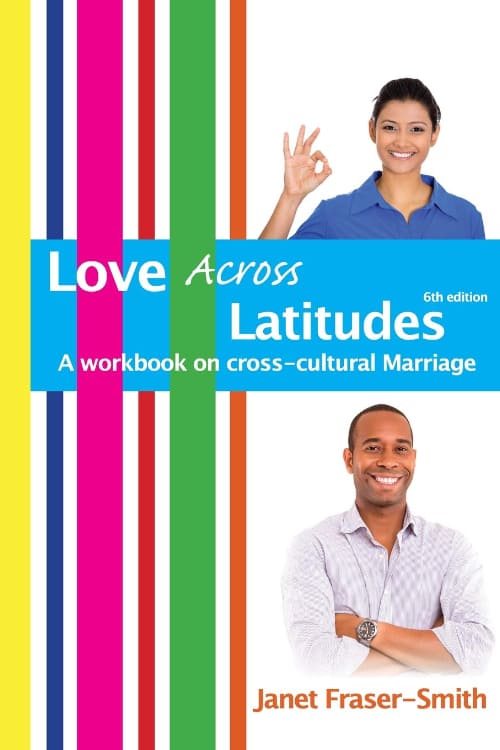In the past two years, we have seen the world go through unbelievable pain and anguish that have left many people displaced, cities destroyed, and people’s homes turned into public grave yards. For sure, this is not the first time that we are seeing massive amounts of refugees searching for a new life in a foreign land, nor will it be the last. Yet, for me personally, the last months have been remarkably difficult.
In August last year I learned of friends of mine working in Afghanistan who were beheaded by the Taliban in a public square for their faith as they were not able to get to the Kabul Airport (hundreds of kilometers away) without first being interrogated and targeted at check points that ultimately led to their death. Then news came of people I had debriefed on numerous occasions who were massacred in an attack on an underground church shortly after the Americans left the country.
In January, my wife was stranded in Stockholm, Sweden due to a positive PCR Covid test prior to our flight home to Italy, which required her to remain in quarantine an extra week. Expensive for sure, but even more costly was the fact that her father died during this time and quarantine prevented her from being able to fly home and say a last goodbye to her dad before he went home to the Lord.
Since February, I have been debriefing and helping Ukrainian families going through trauma, transition, grief, (pretty much you could name anything). My wife and I have had the opportunity to house refugees in our home and listen to their stories and see the pictures of total devastation that they had to leave behind. Seeing the images and hearing the personal stories is heavy on the heart.
Yet, there is something that connects all of these tragedies: a backpack, a suitcase, or what others would term: The GO BAG! .
Many of us in Member Care are familiar with this term/idea of the “Go Bag.” In the simplest of terms, the “Go Bag” is what one packs and has at the ready to leave in an instant. Therefore, the “Go Bag” is full of the bare essentials. For refugees, it may be the only thing left one can take from their homeland. For people like my wife, it may be the only keepsakes, pictures, books (in her case her father’s Bible with his handwritten notes), etc., that she has of her father before donating his things or selling a house.
As I work with these diverse groups of people going through trauma, whether children or adults, I often have them bring their “Go Bag” and talk about why they chose those particular items. Every person is different. Some people pack what one might think: several shirts, underwear, toiletries, a few pictures, socks, shoes, etc. Others pack the bag full of things that some may find interesting or even useless: ceramics, games, toys, favorite food spices, etc. One mother had a zip-loc bag of a dried-up flower and others with dirt. When I asked her why she chose that for her “Go Bag” she said, “I don’t want to forget the smells of where I came from.”
So, what are common themes that people put in their “Go Bag”?
- Heirlooms, memories and keepsakes: for many people, they may never have the opportunity to go back to where they came from. Packing something that brings back a memory, a smile or preserves their heritage in some manner is very important. These could be deeply personal: a handmade card that a child made when he or she was a little kid. It could be a sport’s trophy. For one young boy, it was his mother’s famous Lasagna recipe. Everyone is different.
- Something Patriotic: nearly every Ukrainian I have worked with has packed a Ukrainian flag. Why? Because they tell me they have no idea if their country will be identified by a new flag. Others have preserved and packed CD’s, records and other recordings of music. A Moldovan I work with who fears Russian aggression is imminent tells me he is going to pack a traditional Moldovan folk costume.
- Documents: no not just passports, but birth-certificates with official stamps and emblems, family-trees. Others pack old maps and official geographical documents showing that yes, Ukraine, or Syria or Sudan exist, or at least existed on a map. One Italian has preserved a copy of the first constitution of Italy once the many kingdoms of Italy were united into one country.
- Essentials: clearly a displaced person has no idea how long the journey will last, so obviously, many people pack clothing, toiletries, etc. But as one talks to displaced people, one finds that the definition of what is or is not “essential” is highly subjective.
Asking people about their “Go Bags” is a way to encourage and foster discussion, healing, understanding and reflection for those experiencing immense grief. It’s a great ice-breaker for trauma and grief counseling both for children and adults, but one should be prepared that many, if not most, of the recounting of these stories will be painful, deeply personal, and overwhelmingly emotional.
So, what’s in YOUR “Go Bag”?

Mihai Lundell
Mihai Lundell is a member of the board of Member Care Europe and a mission worker providing member care in Italy with OCI.

Mihai Lundell
Mihai Lundell is a member of the board of Member Care Europe and a mission worker providing member care in Italy with OCI.
